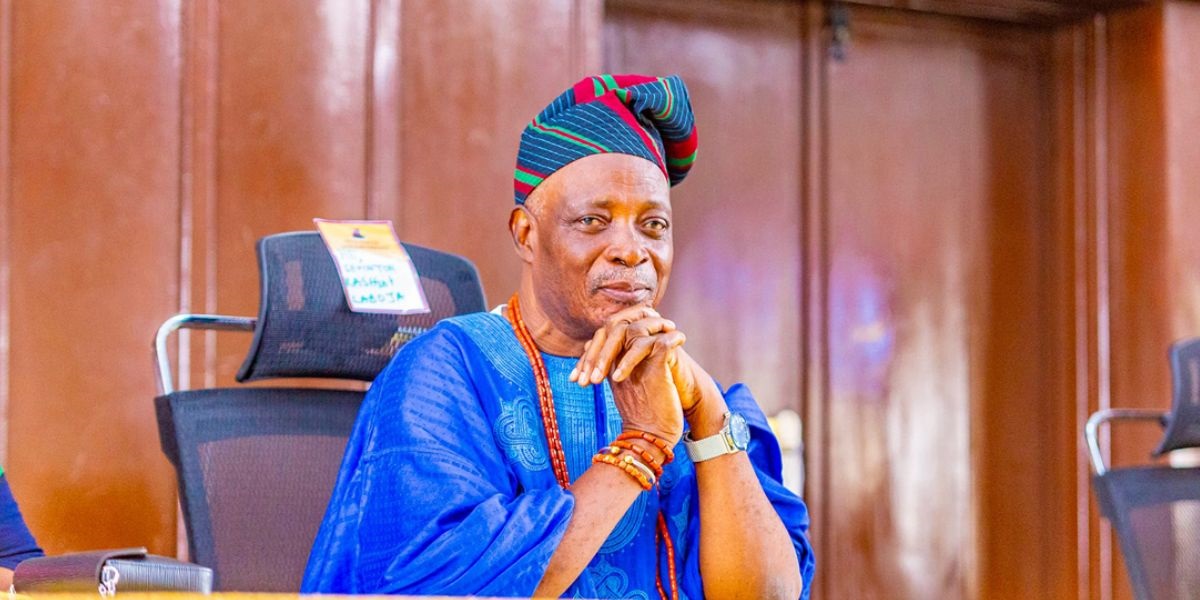• Tasks developers on EIA approval before construction
Lagos State government, yesterday, appealed to stakeholders across various sectors to collaborate in addressing the growing challenge of unemployment, particularly among the youth.
The state made the call during the 2025 Stakeholders’ Forum, organised by the Ministry of Wealth Creation and Employment, with the theme: “Passion to Prosperity: Unlocking Youth Potential in Lagos.”
Governor Babajide Sanwo-Olu, represented at the event by the Secretary to the State Government, Mrs Abimbola Saliu-Hundeyin, while stressing the need for collective action in creating sustainable job opportunities, said the state would create 1,000 fresh jobs through an initiative tagged ‘The Graduate Internship Placement Programme (GIPP).’
Sanwo-Olu said: “Today is about sharing ideas, policy suggestions, and it is also a call to action to tap into the incredible potential that lies within our young people. Lagos State, a hub of innovation and resilience, is fortunate to have a youth demographic that is dynamic, driven, and eager to make a difference.”
The Governor identified practical strategies to be explored through education and skill development needed to adapt to the changing demands of the job market.
The President and Chairman of the Governing Council of Chartered Institute of Personnel Management (CIPM), Mallam Ahmed Gobir, who was the guest speaker, charged stakeholders to unlock youth potential not by silencing their beat but by amplifying their rhythm.
Also, the state stated yesterday that obtaining an Environmental Impact Assessment (EIA) Approval was mandatory for all project developments across the state and was non-negotiable.
The Special Adviser on Environment, Olakunle Rotimi-Akodu, disclosed this during a Stakeholders’ Engagement Workshop on Environmental Impact Assessment (EIA) for Practitioners in the Real Estate Sector and Project Developers in Lagos State.
According to him, all developers/builders must subject their projects to the EIA process before commencing.
According to him, estate development building projects include building with five floors and above, eight apartment units and above, shopping malls, filling stations, industrial facilities, sand mining projects, dredging, and land reclamation, among others.
Rotimi-Akodu emphasised that the Lagos State Government would not hesitate to enforce compliance in the overriding interest of ensuring public safety and sustainable development when necessary.
He stated that Environmental Impact Assessment (EIA) was a critical environmental management tool that must be embraced by the private and public sectors (stakeholders in the Real Estate Sector) to achieve sustainable development.






